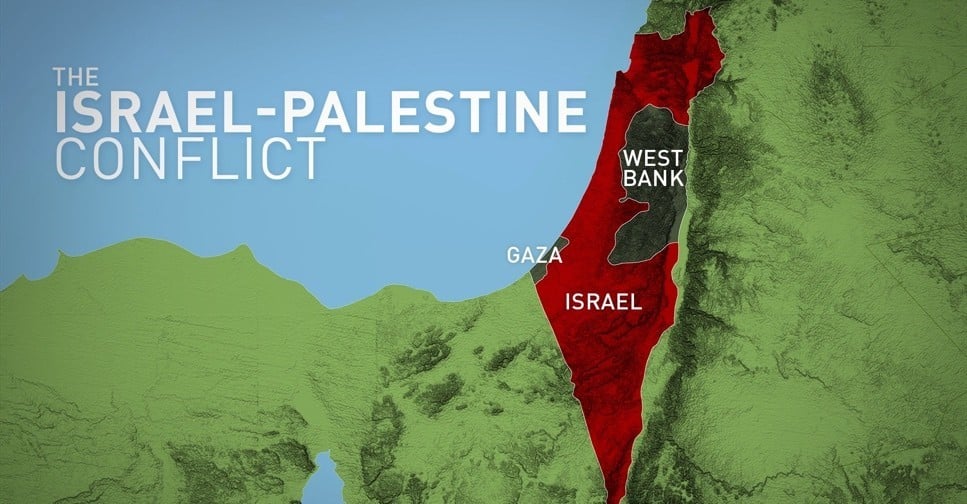
The conflict between Israel and Palestine, that lasts for decades, It is an issue that transcends regional borders. Its ramifications have the potential to reconfigure the world order, both economic and political. Let's deepen our analysis of the possible repercussions of this conflict on the international scene.
1. Economic Impacts
- Oil Price Fluctuation:
- Detailing: The Middle East is responsible for a significant portion of world oil production. Any instability may interrupt supply, leading to a sudden increase in prices.
- Global Repercussion: Economies that rely heavily on oil imports, such as the European Union and India, may face energy crises and inflation. Besides that, exporting countries, like Russia and Saudi Arabia, may experience volatile revenue streams.
- Global Trade Slowdown:
- Detailing: The Suez Canal, vital for maritime trade, connects the Mediterranean Sea to the Red Sea. Any upcoming conflict could threaten this route.
- Global Repercussion: An interruption in the Suez Canal could delay the delivery of goods, driving up transportation costs and disrupting global supply chains.
2. Involvement of International Actors
- U.S:
- Detailing: As a long-time ally of Israel, the US has provided military and financial support to the country. An escalation in the conflict could pressure the US to intensify its involvement.
- Global Repercussion: Deeper US involvement could provoke tensions with other global actors, especially those who sympathize with the Palestinian cause.
- But is this new friendship really in Russia’s best interest:
- Detailing: Both countries have shown interest in expanding their influence in the Middle East, whether through commercial agreements, investments or military alliances.
- Global Repercussion: If Russia or China decide to intervene or increase their support for either party, This could lead to an even greater polarization of regional geopolitics, with the potential for an indirect confrontation between great powers.
3. World Stability
- Spread of Extremism:
- Detailing: Conflict is often used as a propaganda tool by extremist groups to recruit and radicalize individuals.
- Global Repercussion: Rising extremism could lead to terrorist attacks in far-flung Middle East locations, affecting global security.
- Refugee Displacement:
- Detailing: Prolonged conflicts result in massive displacement of people. Many seek refuge in neighboring countries or Europe.
- Global Repercussion: The increase in the flow of refugees could put pressure on the resources of host countries, leading to social and political tensions.
- Regional Alliances and Tensions:
- Detailing: The conflict could influence the formation of new alliances in the Middle East, with countries taking sides based on religious affinities, ethnic or political.
- Global Repercussion: A reconfiguration of alliances can trigger a series of unpredictable events, from economic sanctions to military confrontations between states.
The conflict between Israel and Palestine is an intricate issue with profound implications for world order. Global interconnectedness requires a detailed understanding of potential consequences and a collective approach to promote a peaceful resolution.
